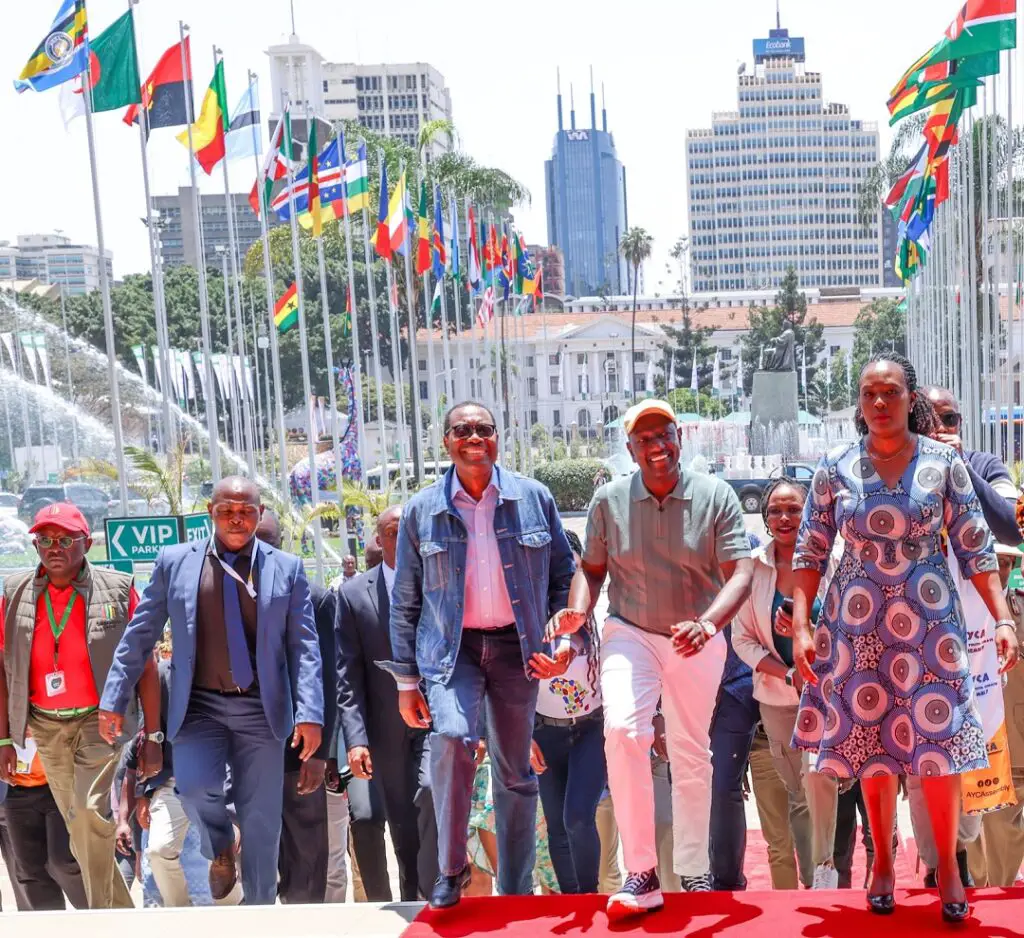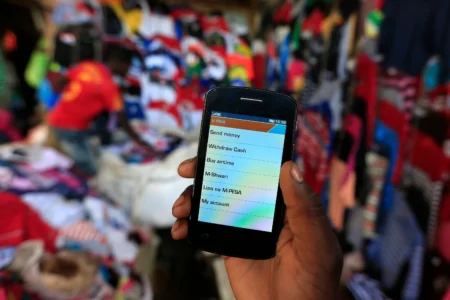- Kenya has bagged three green investment deals at the recently concluded Africa Climate Summit.
- The green investment deals will see the East African nation partner with Sweden, South Africa and Hong Kong to enhance food security and air travel in the country.
- The parties involved announced the three deals during a sideline event of the 2023 Africa climate summit in Nairobi.
Kenya has bagged three green investment deals at the recently concluded Africa Climate Summit. The sustainable trade investment deals will see the East African nation partner with Sweden, South Africa and Hong Kong to enhance food security and air travel in the country. The parties involved announced the three deals during a sideline event of the 2023 Africa climate summit in Nairobi.
Swedish cooling systems
The first deal signed with Swedish firm ‘Cool Go Green’ will see natural sunlight used to power food preservation. This will help reduce food waste and post-harvest losses in the country. The Swedish firm is looking to establish over 40,000 cooling units in the country over the next five years. The deal will cost approximately $200 million (Sh28.9 billion).
Cool Go Green founder Peter Korner said the deal will seek to empower farmers and Kenyans at large to leverage solar-powered cold storage containers to preserve food for a longer shelf life. It is estimated that up to 40 percent of food in Kenya is lost post-harvest due to the high purchase and maintenance cost of preservation units.
“A significant number of farmers in Africa do not have access to reliable electricity and storage facilities. In addition, our technology sustains optimal cold storage conditions for up to seven days without external power sources,” Korner said.
According to the Food and Agriculture Organisation (FAO), the world wastes or loses nearly a third of food produced for human consumption. This amounts to about 1.3 billion tonnes per year. These food losses represent a waste of resources used in products such as water, land, farm inputs as well as energy. Additionally, producing food that will go to waste leads to unnecessary carbon dioxide emissions coupled with the loss of the economic value of the food produced.
Also Read: Climate Action: Billion-Dollar Pledges to Aid Africa’s Battle
A deal from down south
During the sideline event, South Africa’s Agri All Africa announced plans to set aside 31,000 hectares of land in the Tana Delta under climate-smart rice irrigation at an estimated cost of $102 million (Sh14.7 billion). This support will help Kenya produce about 560,000 metric tons of rice per year and save the $690 million (Sh99.95 billion) spent on importing the grain annually. Moreover, the project will create more than 37,500 jobs and generating 175,000 carbon credits, according to the firm’s director Priscilla Motlhako.
According to the head of the Rice Promotion Programme at Kenya’s Ministry of Agriculture Dr Mary Mutembei, rice consumption in the country has nearly doubled to 23kgs per person per year from 12kgs per person per year in 2008. On average Kenyans consume 720,000 metric tonnes of rice annually against a production capacity of less than 100, 000 metric tonnes resulting in the need to import the cereal to meet demand. Under the national rice development strategy (2019-2030), Kenya hopes to increase the area under rice irrigation to meet at least 80 percent of local demand.
Air taxis from Hong Kong
The government also signed a deal with taxi ride-hailing platform Volar Air Mobility. Volar Air Mobility Limited (“Volar”) is a Hong Kong-based green air mobility technology company founded in 2020 with a vision of pioneering Green Aviation. The company offers air taxi services, flight academies, agricultural spraying, precision mapping, logistics, air ambulance services and humanitarian operations.
The new deal will aimed at bringing into operation the world’s pioneering air taxi ride-hailing facility, offering an option to fly without air pollution. Moreover, the deal makes Kenya the first country in Africa where Volar Air Mobility is establishing operations targeting environmentally sensitive travelers.
By introducing the green air commuting platform, Kenya will soon participate in the global air taxi market with an estimated value of $1.5 trillion by 2040 while raising awareness of carbon emissions.
Trade CS Moses Kuria said the three investments would create more than 40,000 jobs, besides helping the country reduce over-reliance on food imports and enhancing the air travel experience in the country. Moreover, investment Promotion Principal Secretary Abubakar Hassan said the innovations in the agriculture sector are in line with the government’s target to reduce food imports.
“In Africa, about $48 billion (Sh6.9 trillion) worth of food is wasted annually. This contributes to the huge budgets the continent spends on food imports,” he said.











